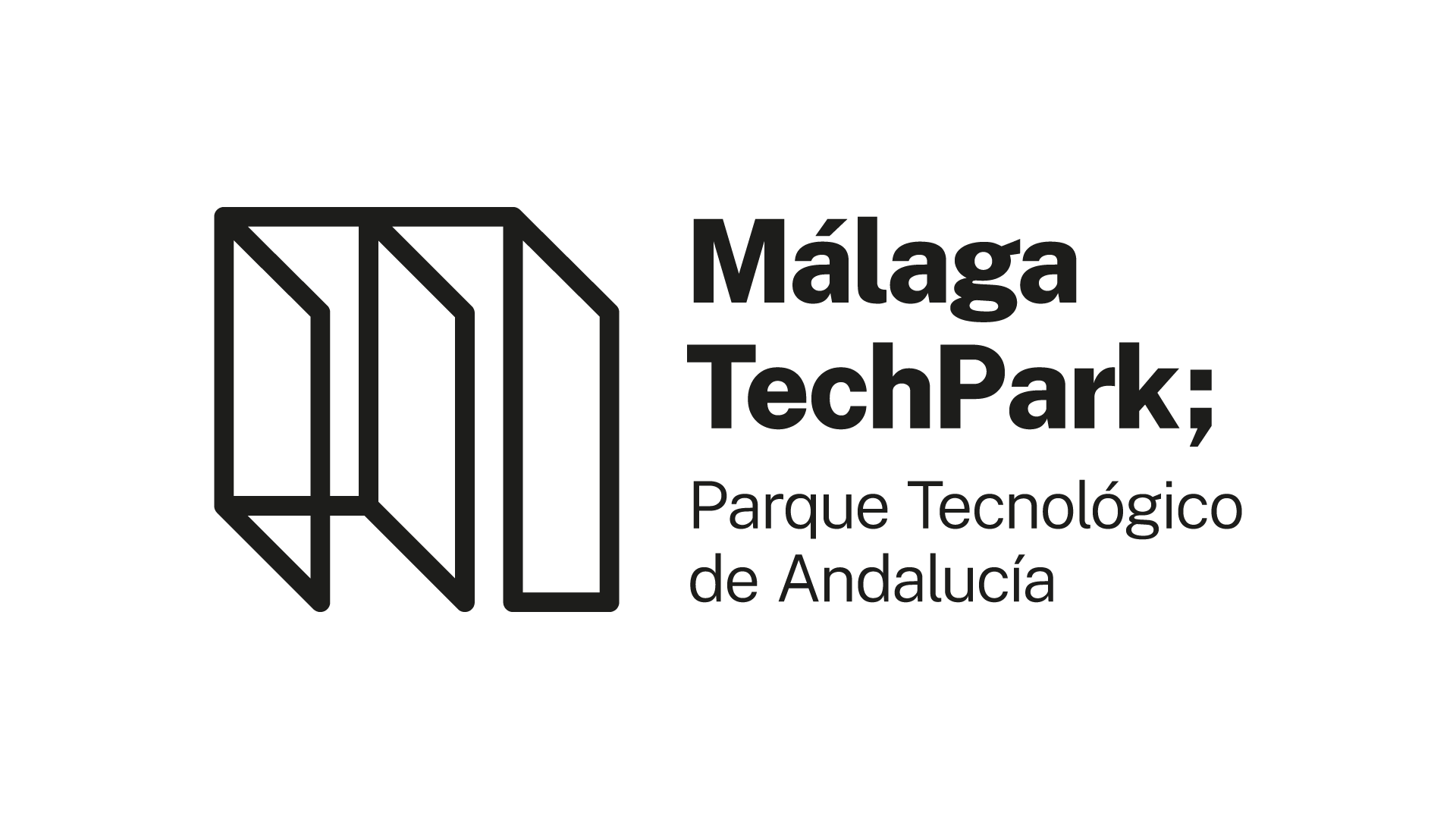-
These awards are in their ninth edition, recognising and giving visibility each year to the best initiatives in technological and innovative Málaga.
Giving superpowers to human resources professionals is the mission of Hrider, the Málaga TechPark based company, which has developed a talent management platform used by more than a thousand of companies in 25 countries with more than half a million employees. The definition corresponds to the Premios Evolución 2024, which have recognised Hrider in the category of “Best application of technology in talent management.” These awards, organised by SUR.es and BBVA, with the collaboration of Avanza, are in their ninth edition, recognising and giving visibility to the best initiatives in technological and innovative Málaga.
The awards ceremony was held at Hacienda Nadales (Málaga) and Hrider co-founders Daniel del Río and Rocío Valenzuela were in charge of receiving the recognition on behalf of the entire team. According to the jury of the awards, Hrider’s software, equipped with artificial intelligence, “allows to measure performance, know skills such as adaptation to change, understand their expectations for professional development or determine what is the working environment in a company. Founded in 2017 without external investment, Hrider grew in 2023, a 40% more than the previous year, and this year it has set itself the challenge of conquering the US market.”
Valenzuela acknowledges that “We are really excited about this recognition.” “We are especially excited for the people in our team who strive every day to continue giving the best of themselves, stepping out of their comfort zone so that the innovative spirit that characterises us is never lost.”
Hrider’s Product Manager assures that working in a scale-up “is not for everyone; it requires tenacity, ability to learn every day, speed, it is a very demanding environment. Undoubtedly, this award is for each of the people who make us achieve our goals.”
Along with the recognition of Hrider, these Premios Evolución have also awarded in this 2024 edition to 42 Málaga Fundación Telefónica (Best initiative in the field of training); to the Instituto de Investigación de Telecomunicaciones (Telecommunications Research Institute) of the University of Málaga, TELMA (Best knowledge transfer and R&D in the field of telecommunications) to S.Lab and to Biotonomy (Best sustainable initiative in the architecture and construction sector).
About Hrider
Hrider is a company from Málaga that offers a platform specialised in Talent Intelligence that is suitable for companies in any sector or HR consultancy companies that are committed to data-driven decision-making and continuous internal improvement processes. It enables performance evaluation and 360º feedback processes for measuring professional competencies and achievement of objectives, measurement of work climate and culture, definition of action plans to improve productivity, creation of N-Box talent maps, etc. And now, also with Artificial Intelligence applied. Positioned as the fastest growing strategic talent management solution in Spanish-speaking countries in recent years, it is already used in more than 25 countries and manages more than 500,000 employees.
In six years, it has reached 500 corporate clients, including national and international companies such as Eurofirms, Saint Gobain, Anaya, Cabify, Thyssen Krupp, Viajes El Corte Inglés, Codorníu, BricoDepot, Unicef, Pastas Gallo, University of Alicante, Textron Aviation, JC Decaux, Quilmes brewery, GoFit, Marbella Club and Hospital del Mar.
All of them are entities interested in introducing systems to measure their results and support the professional development of their collaborators in order to be more efficient and competitive.
Its technological solution is in the cloud, it does not require any installation and allows unlimited evaluations and surveys, favouring continuous feedback processes that help data-based decision making. It is flexible, customisable, powerful, easy to use and affordable so that companies of all types (from 10 to 5,000 workers) can incorporate continuous improvement processes that until now were only available to large multinationals.

